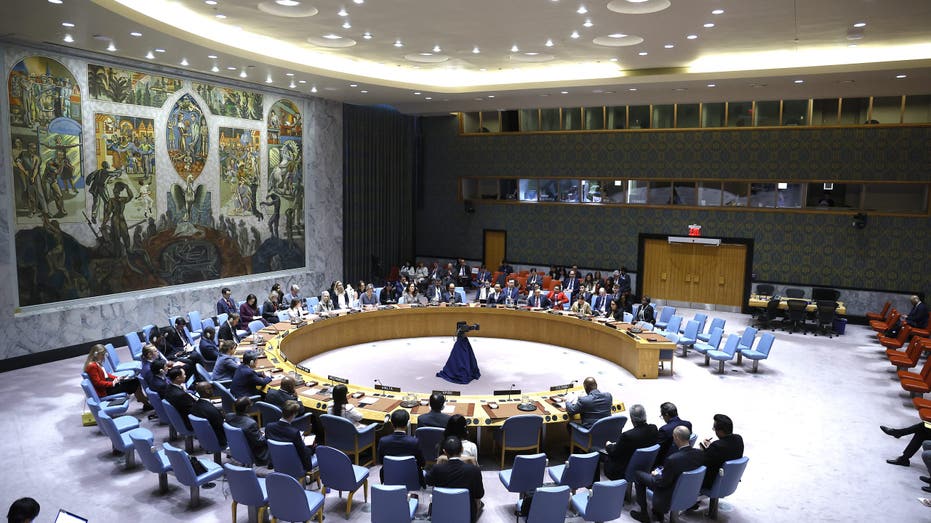Trump Administration Supports Israel Amid Rejection of UN Resolution Endorsed by UK and France
U.S. blocks U.N. ceasefire resolution amid regional tensions in Gaza

The United States exercised its veto power in the United Nations Security Council to block a resolution demanding an immediate ceasefire between Israel and Hamas, leaving the proposed measure one vote short of adoption. The draft received 14 votes in favor and only one — the U.S. — against, preventing the council from taking unified action on the ongoing conflict in Gaza.
U.S. Chargé d’Affaires Dorothy Shea strongly defended Washington's position, emphasizing that the Security Council should not "reward Hamas’ intransigence" following the group’s repeated rejections of proposed ceasefire agreements. Shea criticized the resolution for failing to label or sanction Hamas as a terrorist organization, stating, "It is unconscionable that the U.N. still has not labeled and sanctioned Hamas as a terrorist organization." She argued that Hamas could immediately end the war by laying down arms but has refused to do so.
The blocked resolution did not explicitly condemn Hamas, instead limiting itself to a demand that armed factions in Gaza release 58 remaining hostages. This omission drew pointed criticism from both U.S. representatives and Israeli officials. Israeli Ambassador to the United Nations Danny Danon publicly thanked the United States for vetoing the motion, praising Washington for standing "on the side of truth, justice, and moral clarity."
However, not all permanent members of the Security Council agreed with the U.S. stance. Diplomats from France, the United Kingdom, Russia, and China each voted in favor of the resolution, marking a sharp divide among global powers over how to address the protracted violence. British Ambassador Barbara Woodward underscored her country's support for the measure, declaring, "The intolerable situation in Gaza needs to end." She condemned Israeli military actions in the territory and reiterated calls for Jerusalem to ease restrictions on humanitarian access.
The diplomatic standoff has prompted further debate about the role and effectiveness of the United Nations in addressing major international crises. Anne Bayefsky, director of the Touro Institute on Human Rights and the Holocaust, lambasted the draft resolution, saying it drew an "obscene equation between the hostages — who have been starved, tortured and executed — and Palestinian prisoners convicted of heinous crimes." Bayefsky argued that some member nations were using the U.N. as a platform to undermine U.S. leadership on the world stage, particularly targeting President Donald Trump.
Shea, meanwhile, delivered a stern warning regarding the perception and functioning of the global body, suggesting that engaging in such "performative process" at a time of increased scrutiny over U.N. funding and resource allocation was "shameful." She called for the Security Council to "hold itself to a higher standard" when addressing issues of war and peace.
Earlier statements from Israeli Ambassador Danon echoed these concerns, asserting that the resolution "undermines" efforts to deliver humanitarian aid and "ignores the reality on the ground," specifically pointing to Hamas’s alleged exploitation of aid deliveries. Danon accused the group of commandeering trucks and hoarding supplies for militant purposes, arguing, "If you care about the people of Gaza, then stop protecting those who started this war and continue to prolong it."
The failure of the Security Council to adopt the resolution lays bare the deep divisions within the international community over both the causes of the crisis and the prospects for achieving a lasting peace. As fighting continues and humanitarian conditions worsen, pressure mounts on world leaders and diplomats to find common ground and broker meaningful solutions to the conflict.




